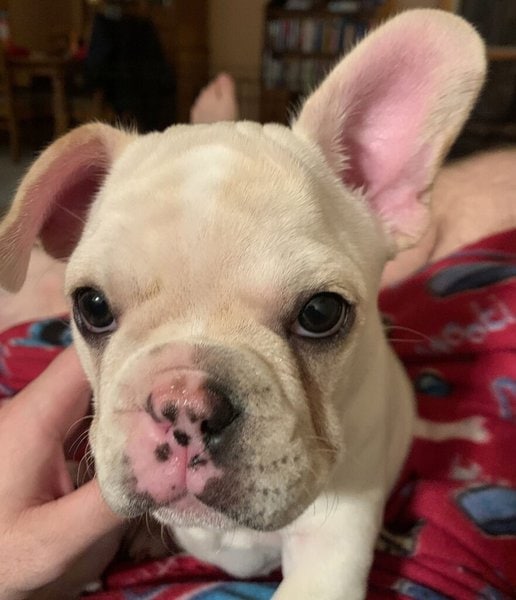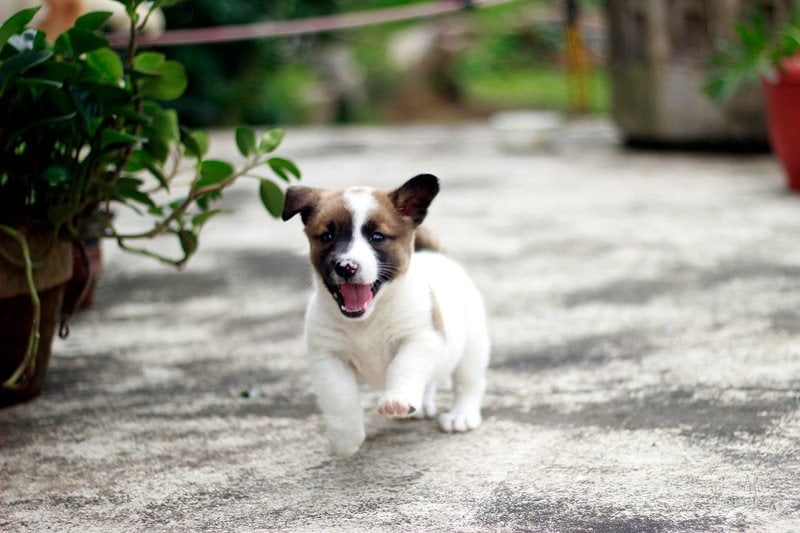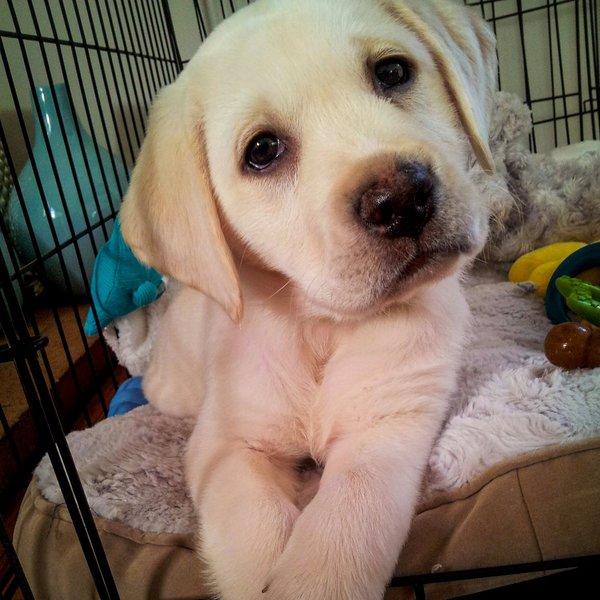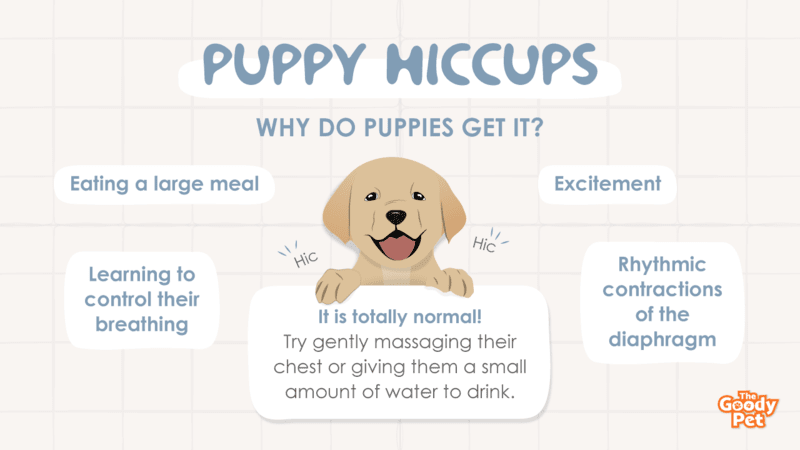Have you ever seen a puppy hiccup? It’s the cutest thing ever! Puppy hiccups are basically just like human hiccups, but they happen more often because puppies have such a fast metabolism. If your puppy starts hiccupping, don’t worry – it’s totally normal.
Puppies will sometimes get hiccups because they are learning to control their breathing. Hiccups are generally harmless and will go away on their own, but there are a few things you can do to help your puppy if they seem to be struggling. Try gently massaging their chest or giving them a small amount of water to drink.
In this blog post, we’ll take a closer look at what causes puppy hiccups and how to make them stop. So if you’re looking for some laughs (and some tips on how to deal with your pup’s hiccups), keep reading!
What Causes Hiccups?
Dog hiccups are caused the same way they are caused in human beings. Spasms or rhythmic contractions of the diaphragm are the main cause of hiccups.
In dogs, eating a large meal or excitement is the common cause of hiccups. This is due to swallowing too much air during these times.
Dog hiccups also manifest themselves similar to the way human hiccups do.
Puppies Are More Prone To Hiccups

Adult dogs are less prone to hiccups compared to puppies. In fact, puppies that are less than six months old are more prone to hiccups. The frequency of hiccup episodes usually decreases as your puppy gets older.
With this in mind, it is not uncommon for adult dogs to get frequent hiccups. The case is common for dogs who are nervous or excited easily.
How Long Does It Last
After a few minutes, puppy hiccups should go away on their own. In some cases, though rare, they may go on for a few hours.
It is advisable to consult with a veterinarian if the hiccups go for more than an hour.

In some cases, they may be a sign of respiratory or heart problems. Take note hiccups should not be a cause for concern. If they last for more than two hours, you can start getting worried.
What Can You Do About Hiccups?
In most cases, you will not need to do anything about the hiccups. They usually go away after a few minutes. In case they don’t, you should try the following:
- Give your dog a belly massage. This will help calm them down.
- Offer the puppy some water.
All these activities will help stop the hiccups by easing the spasm of the diaphragm. At the same time, they let you relax with your dog.

Physical activity can stop your dog’s hiccups. You can distract them by playing with one of their favorite toys, or throwing a ball and letting them catch it. When you interact with the dog, their breathing rate will go up, and this may help to stop the contractions in the diaphragm that cause hiccups.
Preventing Hiccups In Puppies
Of course, there are a few steps you can take to ensure you prevent or minimize hiccups in your dog. For starters, make sure it is in a quiet place, especially when they are eating. You may be wondering why this is important.
Two things known to cause hiccups in puppies are excitement and eating too fast. Both will lead to the swallowing of excessive air, especially when they are combined. In some dogs, drinking water too quickly may be the cause of hiccups. In such cases, the hiccups last for a few minutes before they subside.
In some cases, the diet your dog is on may be the cause of hiccups. For example, high grain diets are known to cause hiccups in a number of dog breeds. If this is the case, try switching to lower grain dog food.
The best way to choose a good puppy or dog food is by looking at the ingredients. A named meat meal or meat should be listed before any grains. Examples include lamb or chicken meals.

Final Thoughts – Hiccups Are Common
In puppies, hiccups are very common. In fact, very few people may say they have never heard their puppies experiencing hiccups. Additionally, adult dogs may have hiccups if they are overly excited. It is common to get worried, especially if you are a new owner. They should subside or stop within a few minutes or less than half an hour.
The only time you should be worried is when the hiccups are accompanied by other symptoms. For example, if your puppy hiccups and then vomits more than once, you should consider visiting a veterinary. If this is not the case, try keeping the dog relaxed and calm. This should be the case when they are eating. Your dog will have fewer hiccup episodes the less the air they have in its stomach.





